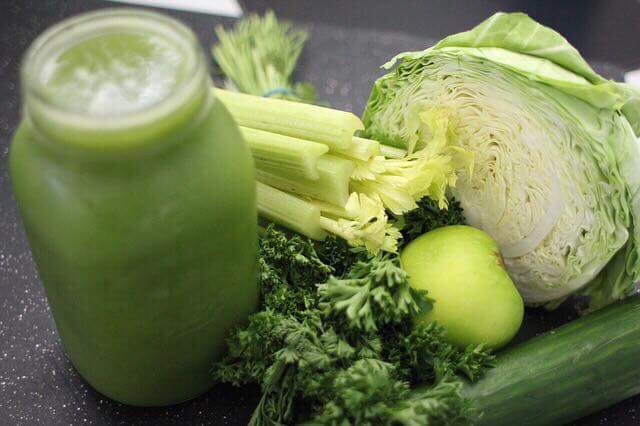Firstly, it’s important to clarify inflammation is an important part of your body to heal hand repair damage. Without inflammation your body would not heal itself properly after an injury or sickness. Inflammation is also a normal part of exercise when you train your muscle fibres they tear and inflammation is part of growing and repairing muscle cells.
The problem with inflammation starts to happen when it is occurring over the long term also called chronic inflammation. It can cause a list of unwanted results, one of which is a reduced quality of life with increased stress in your body and mind as well as making a barrier to a healthy weight. So, what can you do to manage inflammation?
1. Get enough sleep.
This varies from individual to individual but generally the minimum is set between 6-8 hours a night. Getting enough sleeps sets your body and hormones back in balance which you need to function at your best and manage everyday stresses of life.
Try having a set routine when you go to bed at night, removing electronics like your phone around an hour before bed will help your body wind down. Waking up at a similar time each day also helps set your body into a healthy hormone rhythm.
2. Find your chi.
Stress causes havoc to your body over the long term and influences many things including hormones. When your cortisol or stress hormone is elevated over a long time it can make it difficult to maintain a healthy weight as cortisol is a fat storing hormone. Managing stress by practicing mindfulness throughout the day and when you eat may help to reduce your stress levels.
3. Ditch the Typical Western Diet.
The typical western diet is one made up mostly of the unhealthy fats like trans and too much saturated fat, added sugars and salt. This way of eating promotes inflammation and stress in your body and mind. The whole foods which have sugars and fats like fish, dairy, whole grains, fruits and vegetables are not the enemy and help reduce the stress and inflammation.
On top of this it is not just eating these whole foods but the variety within the food groups which will helps your body thrive and get all the antioxidants, vitamins and minerals it needs to work at it’s best. If you think about it logically when your body does not receive something it needs of course this will cause your body stress. Try eating a different fruit every day of the week or adding a different vegetable to your dinner or lunch.
Fats are also your friend, it all is about the type. The trans fats are a big no go to reduce inflammation, saturated fat is not a bad fat but does increase inflammation if eaten in too large quantities. Try to limit the amount of saturated fat you include to 10% or less over a day. The healthier fats in your diet to include in larger amounts include omega-3, a polyunsaturated type of fat. A key food which to include in your diet which contains this fat is fish 2-3 times a week. This type of fat helps to decrease the inflammation in your body and promotes a healthy cholesterol which decreases your risk of heart disease.
Other healthy fats are monounsaturated fats which can be included at around 20% of your total fat intake in a day. These are found in larger amounts in foods like avocado, extra virgin olive oil and canola oils. The second ‘super fat’ food is nuts, which not only has a range of healthy fats but also fibre which helps feed your guts which indirectly helps to maintain healthy hormones and as a result lower inflammation.
Take home message: It all comes down to quality of life. You deserve the best quality of life and if you have a body which is stressed and inflamed you are not able to live a life which is at the highest quality of life which you deserve. These three tips are a good starting point but also seeking the advice and support of an Accredited Practicing Dietitian is recommended to help your tailor your individual needs and circumstances to reduce any prolonged inflammation.








